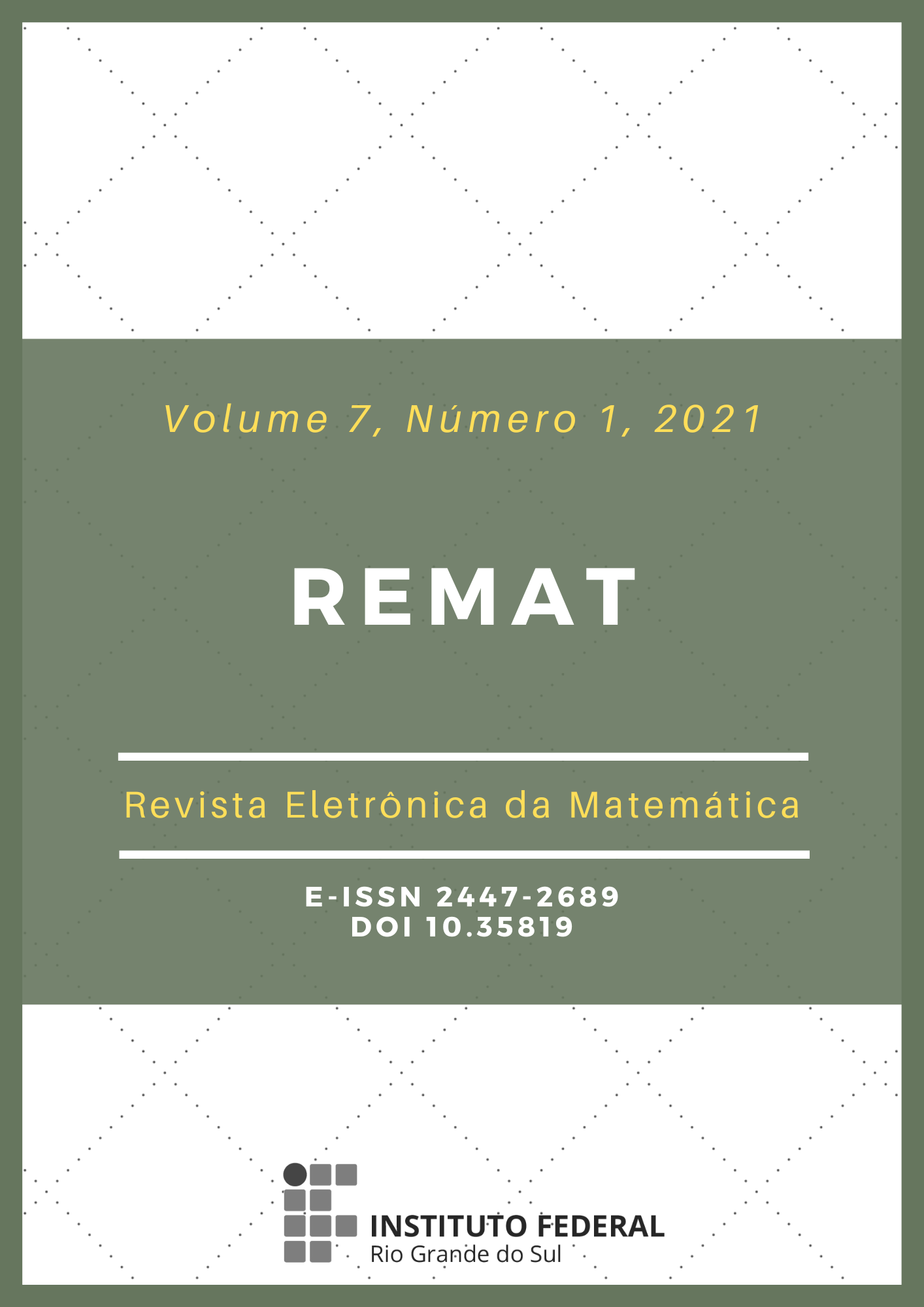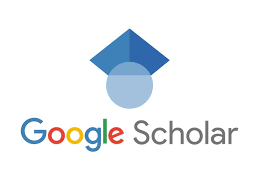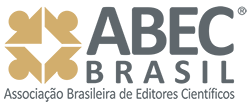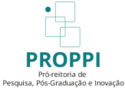Mathematics as a structuring skill in the pedagogical context, in the experimentation and in the modeling in Physics
DOI:
https://doi.org/10.35819/remat2021v7i1id4825Keywords:
Mathematical-Physics, Modeling, ExperimentationAbstract
This article presents a discussion about Mathematics as a structuring skill in Physics. Despite the importance of the subject, the current stage of research studies on the topic is still underdeveloped and has little effect on scientific and academic reality. Thus, the purpose of this study was to analyze Mathematics as a structuring skill in Physics. The intention behind this study was to answer the following question: how to use Mathematics as a structuring skill in the pedagogical context, in experimental Mathematics and in mathematical models in Physics? In order to do that, a bibliographic research was carried out. The results suggested that the dichotomous treatment of mathematical and physical concepts was unnatural, since their interrelation is what grounds the correct formulation of the phenomenon. Furthermore, the effective function of Mathematics as a structuring skill covers its use in the context of pedagogical assumptions, in experimentation and, finally, in the exercise of Mathematical models.
Downloads
References
BIEMBENGUT, Maria Saller; HEIN, Nelson. Modelagem matemática no ensino. 5. ed. São Paulo: Contexto, 2013.
BRONOWSKI, J. Arte e conhecimento, ver, imaginar, criar. São Paulo: Martins Fontes, 1983.
BUNGE, M. Teoria e realidade. São Paulo: Perspectiva, 1974.
CAPECCHI, M. C. M.; CARVALHO, A. M. P. Atividades de laboratório como instrumentos para a abordagem de aspectos da cultura científica em sala de aula. Pro-Posições, Campinas, v. 17, n. 1, p. 137-53, 2006.
FERRUZZI, Elaine Cristina. A modelagem matemática como estratégia de ensino e aprendizagem do cálculo diferencial e integral nos cursos superiores de tecnologia. Orientadora: Mirian Buss Gonçalves. Coorientadora: Lourdes Maria Werle de Almeida. 2002. 154 f. Dissertação (Mestrado em Engenharia de Produção e Sistemas) - Programa de Pós-Graduação em Engenharia de Produção e Sistemas, Universidade Federal de Santa Catarina, 2003. Disponível em: http://repositorio.ufsc.br/xmlui/handle/123456789/84624. Acesso em: 30 jun. 2021.
GIL, A. C. Métodos e técnicas de pesquisa social. 6. ed. São Paulo: Atlas, 2008.
HEIDEMANN, L. A; ARAUJO, I. S.; VEIT, E. A. Modelagem Didático-científica: integrando atividades experimentais e o processo de modelagem científica no ensino de Física. Caderno Brasileiro de Ensino de Física, v. 33, n. 1, p. 3-32, abr. 2016. DOI: https://doi.org/10.5007/2175-7941.2016v33n1p3.
KARAM, R. A. S.; PIETROCOLA, M. Habilidades técnicas versus habilidades estruturantes: resolução de problemas e o papel da Matemática como estruturante do pensamento físico. Alexandria, v. 2, n. 2, p. 181-205, jul. 2009. Disponível em: https://periodicos.ufsc.br/index.php/alexandria/article/view/37960. Acesso em: 30 jun. 2021.
LAHERA, Jesús. Ciências físicas nos ensinos fundamental e médio: modelos e exemplos. Porto Alegre: Artmed, 2006.
MOREIRA, Ildeu de Castro. Feynman e suas conferências sobre o ensino de física no Brasil. Revista Brasileira de Ensino de Física, v. 40, n. 4, p. e4203, 2018. DOI: https://doi.org/10.1590/1806-9126-RBEF-2017-0374.
PIETROCOLA, M. A Matemática como linguagem estruturante do pensamento físico. In: CARVALHO, A. M. P. (Org.). Ensino de Física. São Paulo: Cengage Learning, 2010.
PIETROCOLA, M. A Matemática como estruturante do conhecimento físico. Caderno Brasileiro de Ensino de Física, v. 19, n. 1, p. 89-109, ago. 2002. Disponível em: https://periodicos.ufsc.br/index.php/fisica/article/view/9297. Acesso em: 30 jun. 2021.
PIRES, Célia Maria Carolino. Currículos de matemática: da organização linear à ideia de rede. São Paulo: FTD, 2000.
VILLATORRE, A. M. Didática e avaliação em Física. Curitiba: Ibpex, 2008.
Downloads
Published
Issue
Section
License
Copyright (c) 2021 REMAT: Revista Eletrônica da Matemática

This work is licensed under a Creative Commons Attribution 4.0 International License.
REMAT retains the copyright of published articles, having the right to first publication of the work, mention of first publication in the journal in other published media and distribution of parts or of the work as a whole in order to promote the magazine.
This is an open access journal, which means that all content is available free of charge, at no cost to the user or his institution. Users are permitted to read, download, copy, distribute, print, search or link the full texts of the articles, or use them for any other legal purpose, without requesting prior permission from the magazine or the author. This statement is in accordance with the BOAI definition of open access.













 https://orcid.org/0000-0002-0893-7426
https://orcid.org/0000-0002-0893-7426


















